Pollution-Filtering Algae Glass


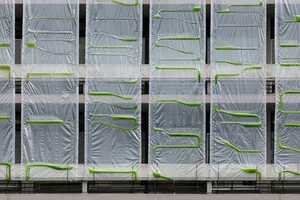
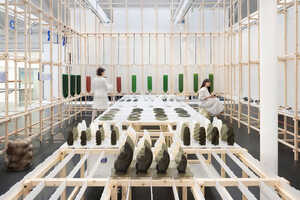
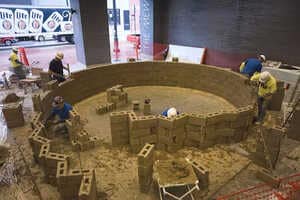


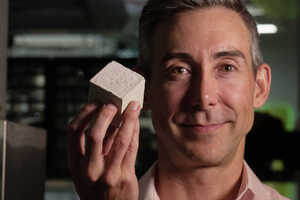
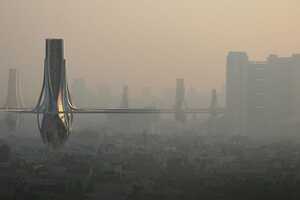
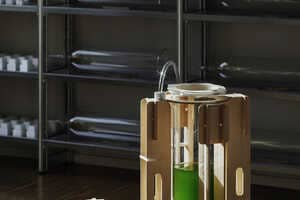

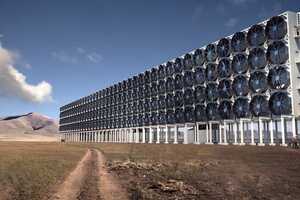
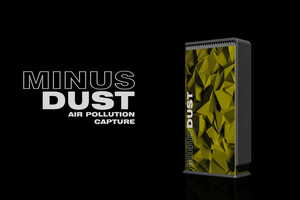
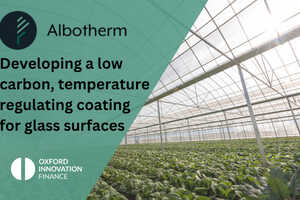
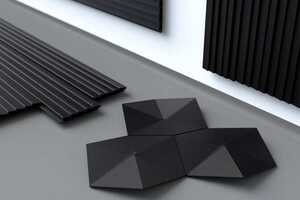
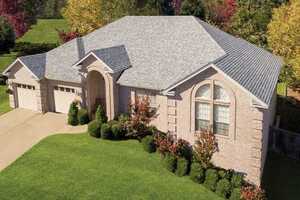


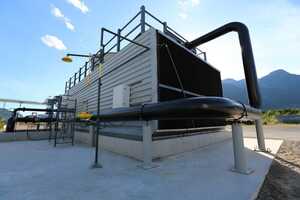
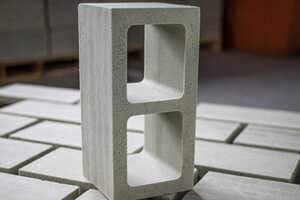
Researchers Design a Microalgae Capable of Filtering Polluted Air
Grace Mahas — October 17, 2019The University of North Carolina’s Integrated Design Research Lab (IDRL), located in Charlotte, has a team of scientists researching a new algae glass curtainwall that's capable of filtering polluted air.
The system works by having unfiltered air rise through "the matrix of the algae-embedded facade" which "is subsequently pumped into the building’s HVAC system." This air then passes through a curtain wall module that is pumped with fresh microalgae to collected carbon. The Carbon-filled algae are then collected and dewatered to be converted into energy.
Besides the air quality benefits, the algae glass also provides users with shading and can be customized with specific colors for a unique and dynamic aesthetic. Moreover, the new technology could substantially reduce energy expanded to help create net-zero energy buildings in the new few years.



